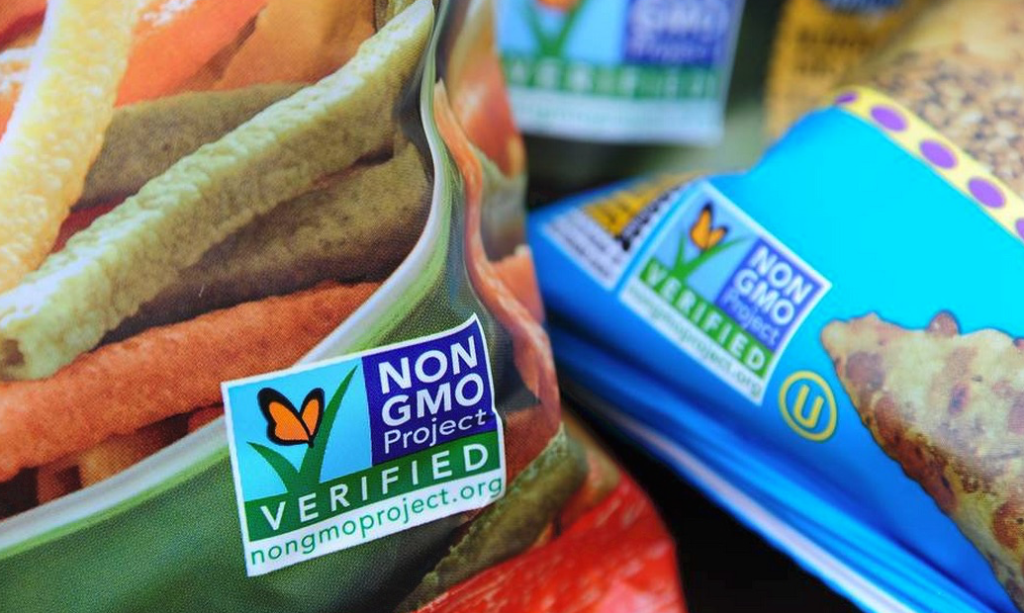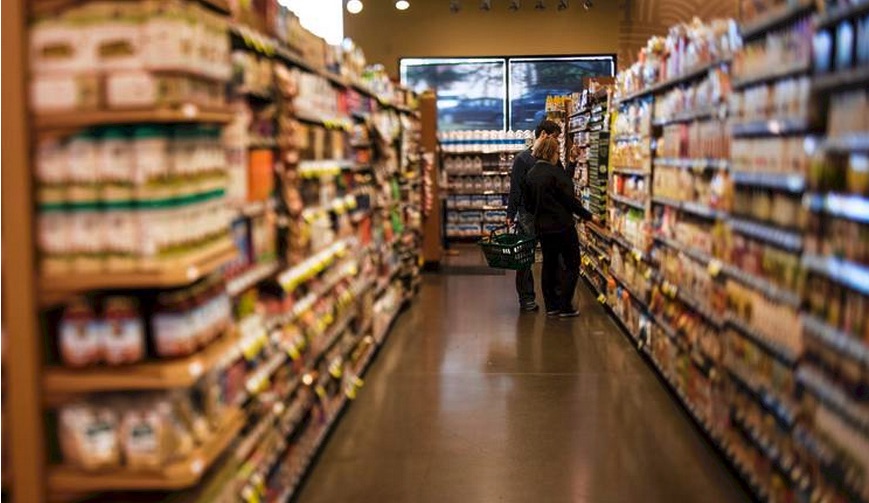 As consumer concern grows over genetically modified products, more produce purveyors are paying to use such labels
As consumer concern grows over genetically modified products, more produce purveyors are paying to use such labels
Last year, Evolution Salt Co. proudly put a label on its packages of Himalayan salt proclaiming they contained no genetically modified organisms.
It shouldn’t have been a surprise, because salt has no genes. But Hayden Nasir, chief executive of the Austin, Texas-based company, said advertising the absence of GMOs was good business.
If a competing salt next to Evolution’s “doesn’t say non-GMO on it, chances are somebody will bypass that,” said Mr. Nasir, who said he also supports such labeling in principle.
The U.S. food industry is under siege from consumers’ growing demand for natural and less-industrially produced fare, with sales of everything from conventional breakfast cereals to Kraft Cheez Whiz suffering. Part of that skepticism has focused on GMOs, which, according to a vocal core of critics, damage the environment and may harm human health.
While the U.S. government and most major science groups say evidence shows that GMOs are safe, consumer concern has grown so strong that some vendors of products such as blueberries and lettuce are paying for non-GMO labeling even though their products aren’t among the small number of crops that are genetically modified in the U.S.


